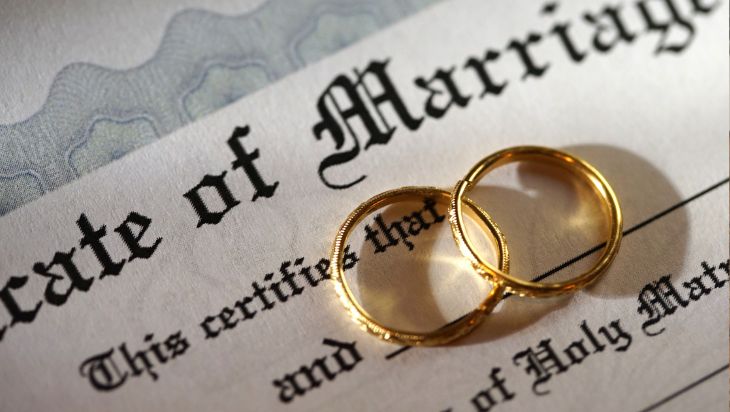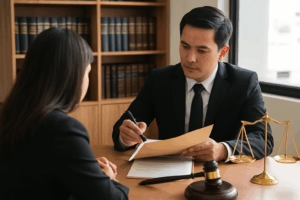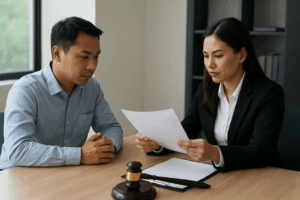Marriage is not just a union between two people; it’s a journey that intertwines lives, cultures, and emotions. For foreigners enchanted by Thailand’s rich heritage and vibrant lifestyle, tying the knot in this beautiful country can be a dream come true. However, understanding the nuances of the marriage registration process is crucial. This comprehensive guide is here to lead you through each step, ensuring that your path to marital bliss in Thailand is as smooth as possible.
Understanding the Legal Framework
Before diving into the practical steps, it’s important to understand that Thailand has specific legal requirements for marriage registration which apply to both citizens and foreigners. Being familiar with these laws will help in ensuring that your marriage is recognized both in Thailand and your home country.
Gathering the Necessary Documents
Documentation is a crucial aspect of marriage registration. As a foreigner, you must present your original passport along with a photocopy. If your spouse-to-be is Thai, they will need their Thai ID card and a copy. Additionally, you are required to obtain a marriage certificate or an affidavit of freedom to marry from your country’s embassy or consulate in Thailand. Some district offices may also request additional documents such as proof of residence, a medical certificate, or translated copies of documents not in the Thai language. It’s a good idea to have these on hand to avoid any delays.
Cultural Sensitivity and Awareness
As you engage in this life-altering process, it’s essential to be aware of the cultural aspects that may come into play, especially if marrying a Thai national. Traditions and family values hold significant importance in Thai society. Being respectful and open to understanding these cultural nuances can enhance the experience and build a strong foundation for your future together.
Visit to the District Office
Once you have all your documents in place, the next step is to visit a district office in Thailand. These are locally known as Amphur or Khet. It’s recommended to choose one that’s convenient for you, and possibly to make an appointment if necessary. Upon arrival, inform the officer of your intention to register your marriage and inquire about the specific procedures of that office, as they can vary.
Completing the Registration Process
At the district office, you will be guided to fill out the marriage registration form. It’s imperative to double-check all the information you provide for accuracy. Generally, the process can take anywhere from 2-3 hours. Once it is complete, you will be handed your official marriage certificate, and you are now legally married in Thailand.
Post-Registration Formalities
After registering your marriage, it’s advisable to have your Thai marriage certificate translated into your native language. This is especially important if you intend to use it for any legal purposes in your home country. Additionally, check with your embassy if you need to report your marriage there as well.
Building a Life Together in Thailand
Once the formalities are complete, it’s time to celebrate and embark on your marital journey in Thailand. Whether you are planning to settle down here or just commemorating your union in this picturesque land, embracing the culture and building bridges can only enhance your marital experience.
FAQs
Q: Are there additional cultural ceremonies involved in a Thai marriage?
A: Yes, traditional Thai weddings often involve several cultural ceremonies and rituals. However, these are separate from the legal marriage registration process.
Q: What if my documents are not in English or Thai?
A: Documents in languages other than English or Thai should be officially translated and certified before being submitted for marriage registration.
Q: Is there a residency requirement for marriage registration in Thailand?
A: No, there isn’t a residency requirement for foreigners who wish to marry in Thailand. However, it is essential to have all the required documents.
Q: Can same-sex marriages be registered in Thailand?
A: As of the last update in 2021, Thailand does not legally recognize same-sex marriages. It is advisable to check for the most current information.
Q: What do I do if I encounter difficulties in the marriage registration process ?
A: In case of difficulties or complications, it is advisable to seek the assistance of a legal consultant or attorney well-versed in Thai marriage laws.
Please note that legal requirements can change, and it’s always best to consult an official source or legal counsel for the most current information.
Contact : Siam Center Law Group by calling +66(0) 2 648 5041, +66(0) 2 648 5042





